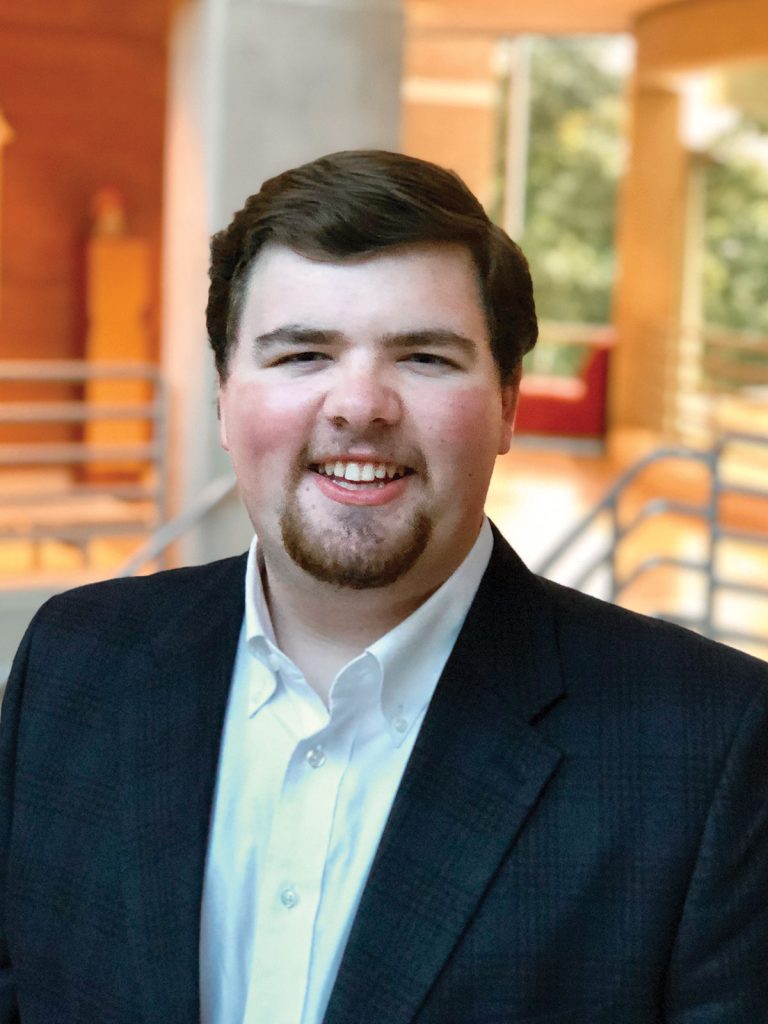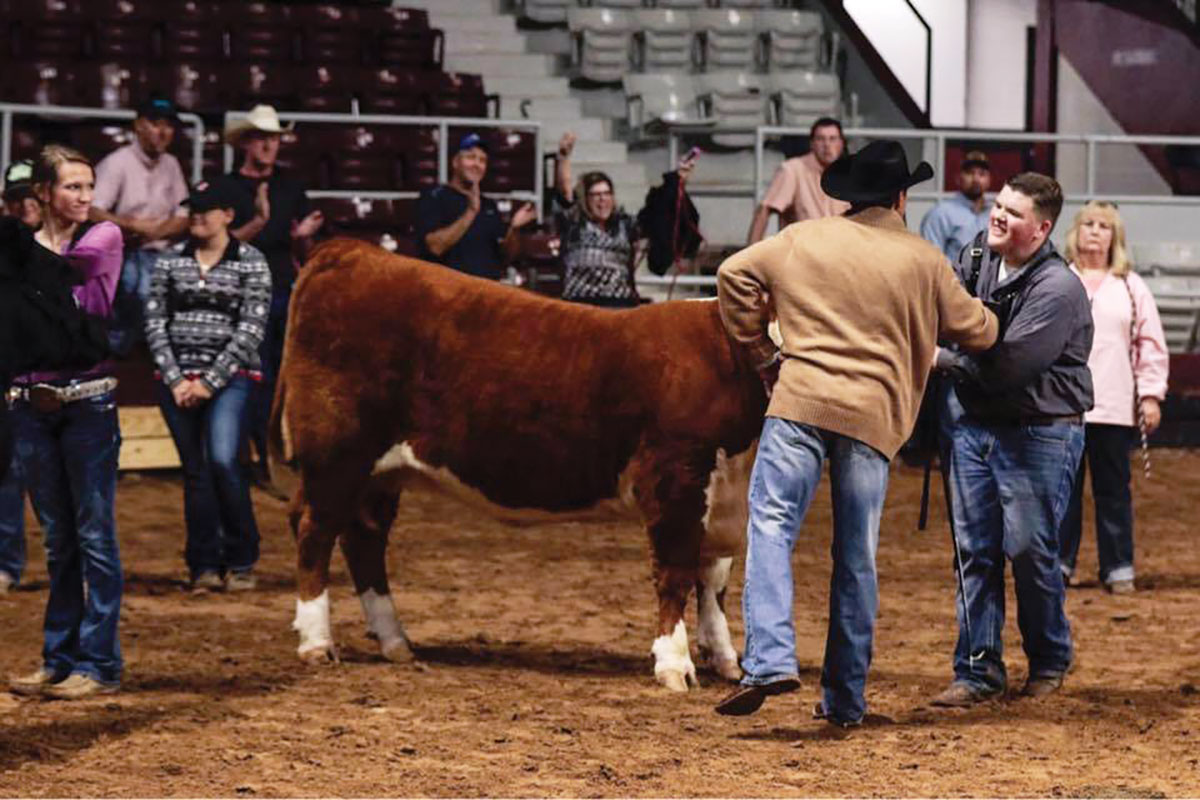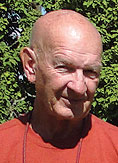
U of A student Zach Andrews has been in the cattle industry since he was a young man
Zach Andrews is pursuing a triple ag major at the University of Arkansas. His majors are agribusiness, agricultural communication and agricultural leadership.
He plans to graduate in May 2022 and then pursue an MBA either at U of A or Texas A&M. At the present time, he hopes to work for an agricultural corporation in management or marketing, even though he has his foot solidly anchored on his family’s 200 acre farm, Andrews Cattle Company.
“My older brother Wade and I have been given the opportunity and responsibility of choosing the direction for the farm because it will be ours one day,” Zach said. “Wade and I appreciate the opportunity we have been given.”
Zach’s grandfather, Bob Tolley, started raising Herefords in the 1970s under the name Tolley Polled Herefords. When Zach’s mother Jeannie was a young girl, Bob offered her a choice of showing Angus or Hereford calves. She promptly chose the Herefords because she liked their white faces. The farm is now a registered Hereford breeding operation, selling bulls to commercial farmers, heifers as breeding stock and black baldies, which fulfills a local replacement need. The black baldies are the results of a registered Angus clean up bull.
One of Zach’s earliest memories is his first show at the Ouachita County Fair with a heifer named Premium. As he was walking into the ring for a showmanship competition for youngsters from 4 to 7 years old, a judge asked him how long he had been showing. Without missing a beat, the 4-year-old proudly proclaimed he had been showing for seven years, a numerical error that has become a favorite family joke. Nonetheless, he won that first show, a foreshadowing of the life he would later choose. The heifer became a valuable and productive cow who produced calves until she was sold in 2014.
“She was a good animal and I appreciated her but was not terribly upset when she was sold because she was not a pet like Dixie, my blue heeler,” Zach said. “I was raised on a farm and clearly understood the difference between a commodity and a pet.”
Then, in seventh grade, Zach was assigned a career project. He chose being a herdsman for a cattle ranch. The project became pivotal in his life because the work he put into that project confirmed for him that his interest in agriculture would be lifelong. As a youngster, Zach was constantly working with the show calves. In addition to acquiring the kind of work ethic essential in agriculture, Zach also discovered the importance of creative resourcefulness. The farm had no cool rooms or other special show animal resources. However, Zach worked hard to compensate in developing a significant contender. One example was working with hair three times a day to produce the same results as a cool room.
In addition to selling through private treaty, the family has a long history with the Magnolia Hereford Association and its annual consignment sale in February. Bob has been on the board for 40 years and that sale is still a significant marketing tool.
One of the most important things Zach learned came from his grandfather. Bob always emphasized raising and selling a calf with honesty because both business and personal reputations depend upon full disclosure of calf details. Producing and honestly selling cattle that fulfill a farmer’s needs creates a solid market with many repeat customers. Consequently, culling is an extremely important process for the farm.
The farm has both fall and spring breeding seasons in order to meet diverse needs. Bulls are developed for the February sale and are not quite 2 years old. The first culling takes place at weaning when a calf is 6 months old, looking for calves that do not meet breeding standards. The process is then repeated when a bull calf is a yearling. Culling after that takes place only when weight or composition do not meet breeding standards, though that is rare and usually caused by an unexpected circumstance. Zach maintains that heifers reveal their suitability pretty quickly. Cows are culled for not producing enough milk or a good calf.
“Mommas get a second chance and sometimes surprise us which means we save the valuable cow,” Zach said.
The farm stands firmly behind Multimin 90 as an invaluable supplement. Zach explained that one spring they decided to try an experiment and not use it. The result was weaning weights 25 or more pounds lighter with conformation not developing as well.
“We tested it on our herd and that product gives the calves an extra boost. Consequently, we use it at weaning and again as they mature,” Zach explained.
Zach recently completed a 12-week internship with the Arkansas Cattlemen’s Association in Little Rock. Zach was highly involved in a program launched to provide relief funding for farmers and ranchers. He also had much responsibility for an edition of the Arkansas Cattle Business magazine.
“That experience reminded me of the lesson I learned long ago: never quit challenging myself and using creativity to produce the highest quality work in whatever I do.”







